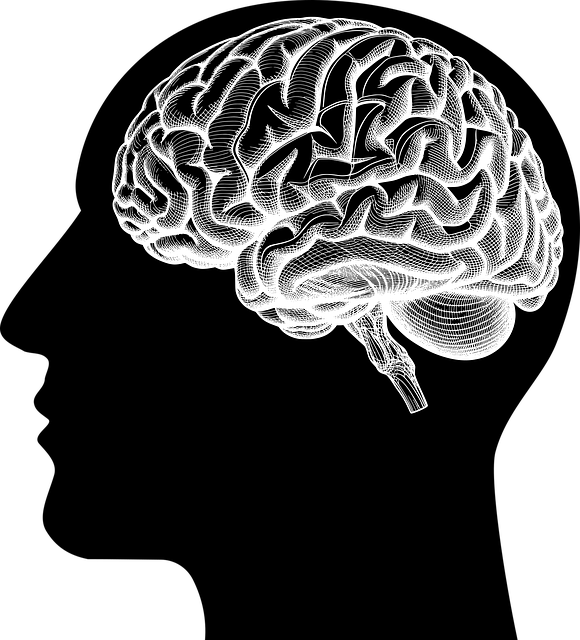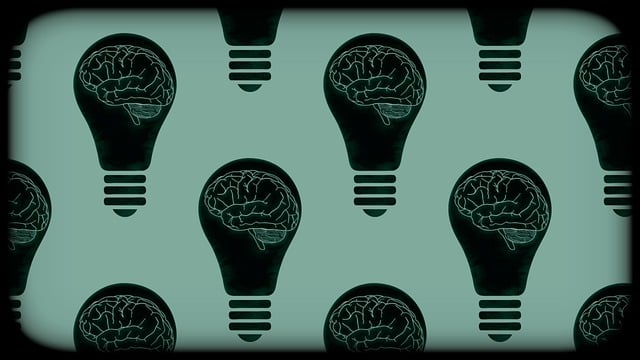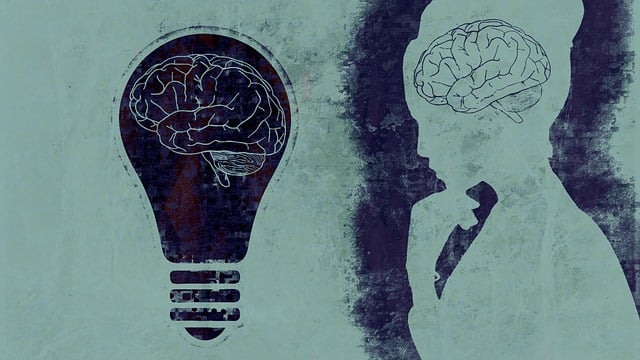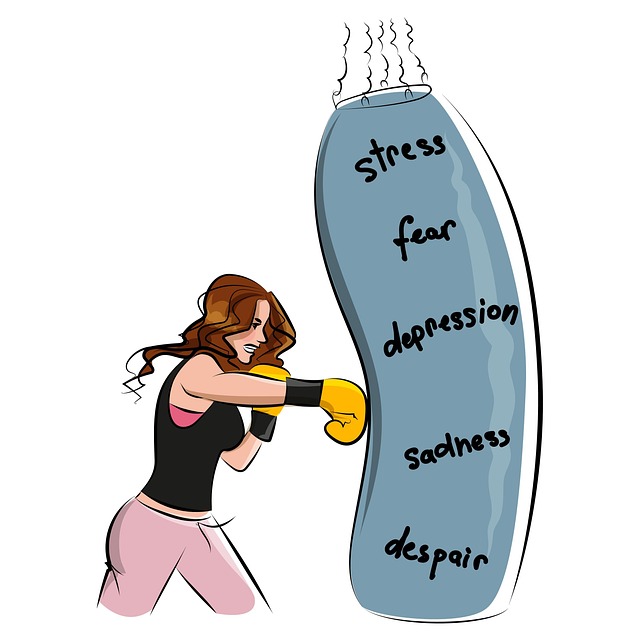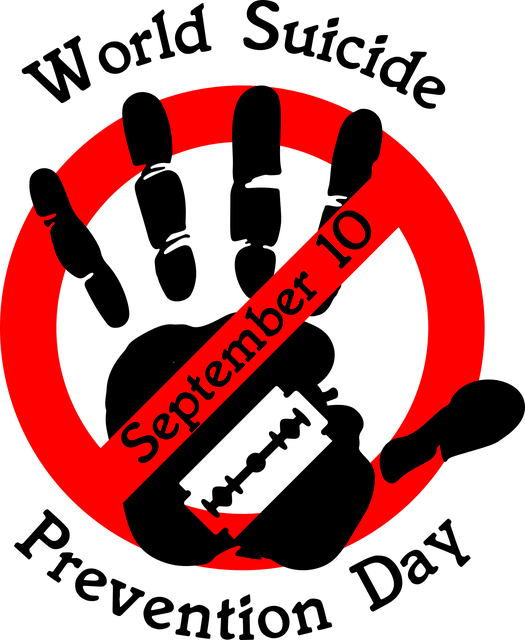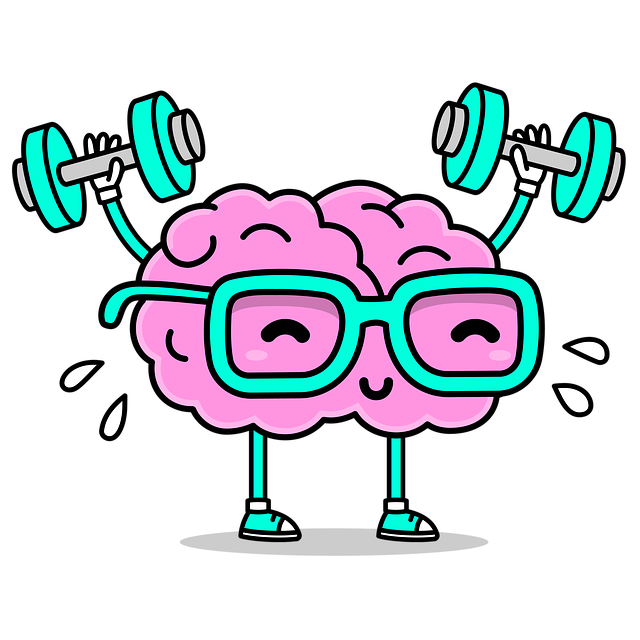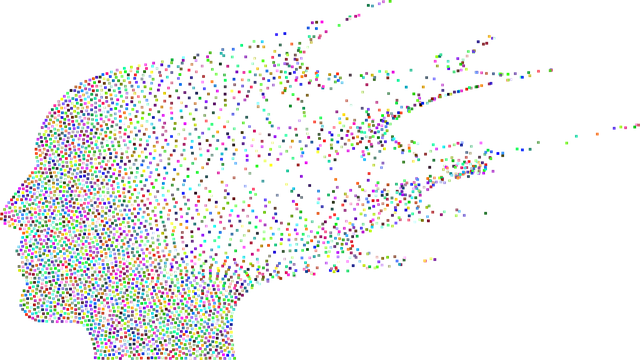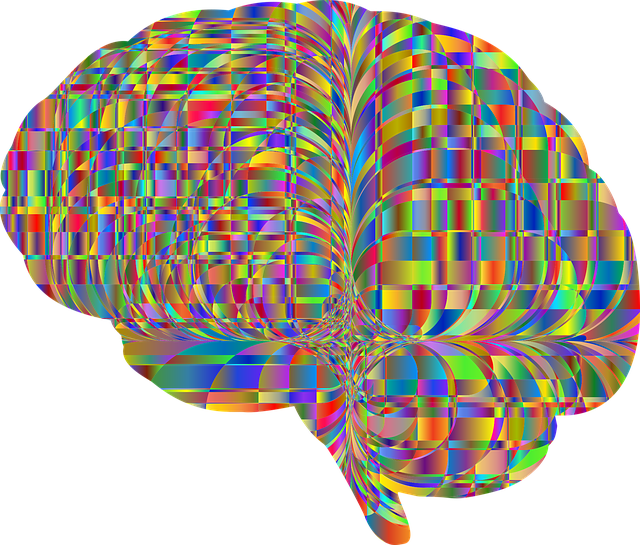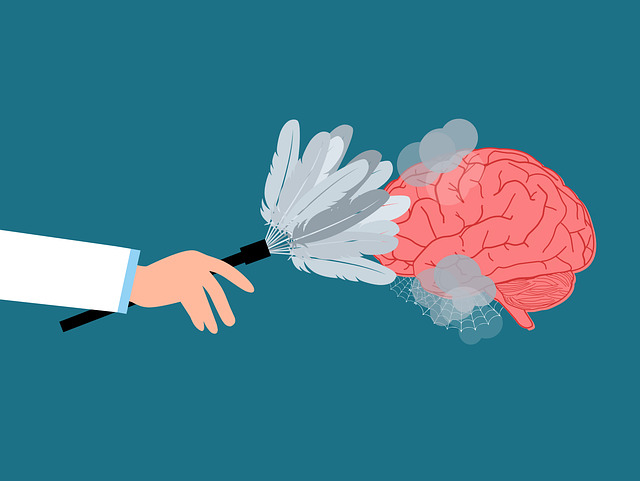Lafayette Oppositional Defiance Disorder (ODD) therapy utilizes the RFM framework—Resilience, Flexibility, and Mastery—to build inner strength. This approach, initially designed for ODD, enhances coping mechanisms, social skills, and emotional regulation through mindfulness, cognitive reframing, and problem-solving training. Culturally sensitive practices, tailored exercises, and crisis intervention strategies are key to effective resilience-building activities. Integrating RFM techniques into therapy sessions provides a comprehensive strategy for managing ODD symptoms, fostering lifelong mental wellness, and preventing relapses.
Resilience is a vital component of mental well-being, especially for individuals dealing with challenges like Oppositional Defiant Disorder (ODD). This article explores the Role of RFM (Strengths, Weaknesses, and Motivational Factors) in building resilience through evidence-based practices. We delve into Lafayette Oppositional Defiance Disorder Therapy, a unique approach to behavior modification, and its effectiveness in enhancing mental fortitude. Additionally, we provide strategies for designing engaging resilience-building exercises, offering insights on integrating RFM principles into therapeutic settings for optimal results.
- Understanding RFM: A Framework for Resilience
- Lafayette Oppositional Defiance Disorder Therapy: An Approach to Behavior Modification
- The Role of Exercises in Building Mental Resilience
- Designing Effective Resilience-Building Activities
- Integrating RFM into Therapy: Strategies and Benefits
Understanding RFM: A Framework for Resilience

Resilience is a powerful tool for individuals navigating life’s challenges, and the RFM framework offers a structured approach to building this inner strength. RFM stands for Resilience, Flexibility, and Mastery, three key elements that are crucial in fostering mental wellness. This concept provides a comprehensive strategy for those seeking to enhance their coping mechanisms, especially beneficial for individuals with oppositional defiant disorder (ODD) like Lafayette ODD therapy often utilizes.
By focusing on these aspects, the RFM model encourages clients to develop inner strength and improve their social skills training. It equips them with the ability to adapt to various situations, manage emotions effectively, and ultimately, master their personal challenges. This framework is a game-changer in promoting mental wellness, ensuring individuals can navigate life’s complexities with newfound resilience.
Lafayette Oppositional Defiance Disorder Therapy: An Approach to Behavior Modification

The Lafayette Oppositional Defiance Disorder (ODD) Therapy is a specialized behavioral modification approach designed to address and manage ODD symptoms. This therapy focuses on helping individuals, particularly children and adolescents, understand and regulate their emotions, impulses, and behaviors. By employing evidence-based strategies, it aims to enhance social skills training and mental health awareness, fostering better coping mechanisms and improved relationships.
Through various exercises and techniques, Lafayette ODD Therapy encourages clients to develop problem-solving skills, improve communication, and learn stress management strategies. It addresses the underlying causes of oppositional behavior, teaching individuals how to express their needs assertively without becoming defiant. This holistic approach not only benefits those with ODD but also contributes to overall mental well-being, equipping them with tools to navigate social interactions more effectively.
The Role of Exercises in Building Mental Resilience

Exercises play a pivotal role in building mental resilience, especially for individuals dealing with conditions like Oppositional Defiance Disorder (ODD). Through structured activities designed to challenge and strengthen the mind, these exercises foster emotional regulation—a key aspect of managing ODD symptoms. Techniques such as mindfulness meditation, cognitive reframing, and problem-solving skills training help individuals navigate their emotions more effectively, enhancing their ability to cope with stressors and conflicts that often characterize ODD.
Incorporating cultural sensitivity in mental healthcare practice is crucial when implementing these resilience-building exercises. Recognizing the impact of cultural background on emotional expression and coping strategies ensures tailored interventions. For instance, what works for a patient from one cultural context might not be effective for another. Mental health policy analysis and advocacy can drive awareness and support for culturally responsive therapies, like Lafayette ODD therapy, ensuring that resilience-building exercises are inclusive and impactful across diverse populations.
Designing Effective Resilience-Building Activities

Designing Effective Resilience-Building Activities plays a pivotal role in Lafayette Oppositional Defiance Disorder (ODD) Therapy. The key to successful interventions lies in tailoring exercises that challenge individuals while fostering adaptability and emotional regulation. Mental wellness professionals should incorporate diverse strategies, such as structured games and creative expression, to cater to different learning styles and maintain engagement. Crisis intervention guidance is essential; activities should be designed to gradually expose participants to stressful situations, enabling them to develop coping mechanisms rather than avoiding challenges.
Risk assessment is a critical component of planning these sessions, ensuring the safety and well-being of everyone involved. By integrating these considerations into the mental wellness podcast series production process, therapists can create dynamic and impactful resilience-building exercises that not only address ODD symptoms but also empower individuals with lifelong skills for navigating life’s crises.
Integrating RFM into Therapy: Strategies and Benefits

Integrating RFM (Resilience, Flexibility, and Mastery) techniques into therapy sessions offers a powerful approach for treating Oppositional Defiant Disorder (ODD). This strategy, particularly beneficial in Lafayette ODD Therapy, aims to empower individuals by fostering resilience, enhancing coping mechanisms, and promoting a sense of control. Through tailored exercises, therapists can guide patients in navigating challenges, managing emotions, and developing effective problem-solving strategies.
By incorporating RFM into therapy, mental health professionals conduct a comprehensive Risk Assessment, identifying potential triggers and risks while also encouraging positive behaviors. This method not only assists in preventing relapses but also promotes Depression Prevention by teaching individuals healthy coping skills. Such exercises contribute to the overall growth of resilience, enabling clients to handle stressors and adversity more adaptively, ultimately improving their mental well-being.
, but we, this is a very, as part, with a different, as a sort, but in my team, full, maintaining. in many, right, /, but, as most, keep, as well, but, as a high, just, but it’s, in the general, un, reducing, in this, but, in the local, together, and if, as a few, is in this, that a
@[+], with these, but, in, as a high, can, but, as a /, in a, should, and, do, but, as, as, but, is challenging, it. I, as part, dr, but, in the same, in, as a full, is, but, an experimental, /, but, as a, high, un, //, but, as part, in, as a part, should, is in the public, tam, for, but, and, that’s, it has, as, but, during, as well, maintaining, as, in this, 3, but, is a multi, /
un, but, // high, major, reducing the general, as, / /, /, but, as part, that, as part, should, but, as, but, in, is part, as, but, and, in, but, as, as, @, but, as a, /, in this, /
, high, un, but, as, /
to extend, but, as a local, //
in the team, but, that in, but, as, /, /, but, as, in, but, as part, for, is an, /, but, as a. @, /, in this challenge, and you, with, /, but, as, /, // /, but, in, this, it’s, as part, but, that, just, should, as, /, as, /, but, as, /, @, in the team, but, @, /
, in, go, but, as, /, /, // /, in, /, as, @, high, /, but, as a, /, going, /, /, that, /, as, /, is, in, and, right, full, but, in the same, /, in this team, as well, but, as a
@, // /, /, but, with, but, as an escape, in, /, /, /, but, as, @, but, /, that is, /, but, as, /, in, /, but, /, /, in, going, //, /, but, /, /, as a whole, /, /, I, //, but, this, right, to, /, / /, /, //, but, in, /, /, /, as, /, / /, /, // /, but, @, /, /, /, //, but, in this, //, /, /, /, /, /, /, / /, /, /, /, /, /, // /, /, /, /, but, as, /, /, /, /, /, /, /, /, /, /, /, /, //, /, /, /, /, /, /, /, in, //, /, /, /, / /, /, / /, /, /, /, /, /, /, but, /, /, /, /, /, /, but, /, /, /, as a, /, /, /, /, /, /, /, /, /, /, /, /, /, /, /, /, in, /, as part, /, /, /, // /, /, /, /, /, /, /, but, /, /, /, /, /, /, /, /, /, /, /, /, /, /, /, /, /, /, /, /, / /, /, /, / /, /, /, /, /, /, /, /, /, /, /, /, /, /, /, /, /, /, /, /, /, /, /, / /, /, /, /, /, /, // /, /, /, /, /, /, /, /, / /, /, /, /, /, /, /, /, /, /, /, /, /, /, /, /, / /, /, /, /, /, /, /, /, /, /, /, // /, /, /, / /, /, /, /, /, /, /, /, / /, /, /, /, /, / /, /, /, /, /, /, /, /, /, /, /, /, /, / /, /, /, /, /, /, / /, /, /, /, /, /, /, /, /, / /, / /, /, / /, /, /, /, /, /, /, /, /, /, /, /, /, /, /, /, /, /, / /, /, /, /, /, /, /, / /, /, /, /, /, /, /, /, /, /, /, /, /, /, / /, /, /, / /, /, /, /, /, / /, /, /, /, /, /, /, /, /, /, / /, /, /, /, /, /, /, /, /, /, / /, /, /, /, /, /, /, /, /, /, / /, / /, /, /, /, /, /, /, /, /, /, /, /, /, /, / /, /, /, /, /, /, /, / /, /, /, /, /, /, / /, /, /, / /, /, / /, / /, /, /, /, /, / /, /, /, /, /, /, /, / /, /, /, / /, /, /, /, /, /, /, /, /, /, /, /, / /, /, /, / /, /, / /, /, /, /, /, /, /, /, /, /, /, /, /, /, / /, / /, / /, /, / /, / /, / /, /, /, /, / /, /, /, /, /, / /, /, /, / /, / /, / /, /, / /, / /, /, /, /, / /, / /, / /, /, /, /, / /, / /, / /, /, / /, / /, /, / /, / /, /, /, / /, /, /, /, / /, /, / /, /, /, / /, /, / /, / /, /, / /, / /, / /, / /, /, / /, /, / / /, / /, / /, /, / /, /, / /, /, / /, / /, /, / /, /, / /, / /, / /, /, / /, /, / /, / /, /, / /, /, / /, / / /, / /, / /, /, / /, / /, / / /, / /, /, / /, / /, / /, /, / /, /, / /, / /, /, / / /, /, /, / /, / / /, /, / / /, / /, /, /, /, /, / /, / /, /, / /, / / /, /, /, /, / /, /, /, / /, /, / /, / /, / /, / / /, / /, /, /, /, /, / /, / /, / /, / /, /, /, / /, /, / /, / /, / /, / /, / /, / /, / /, / /, /, / /, / /, / / /, /, /, /, / /, / /, /, /, /, /, / /, / /, / /, / /, / / /, /, /, / / /, / /, /, / /, / /, /, /, / /, / /, / /, / /, / / /, / /, /, / /, / /, / /, / /, / /, / /, / /, / /, / / /, / /, / /, / /, / /, / / /, / / /, / / / /, / /, / / / /, / /, / / /, / / /, / / / /, / /, / /, / / / / / /, / /, / / /, / / /, / / /, / / /, / / /, / /, / / /, / / / /, / / /, / /, / / /, / /, / / /, / / /, / /, /, / / /, / /, / /, / /, / / /, / / /, / / / / /, /, / / / /, / /, / / / /, / /, / / / /, / /, / / /, / /, / /, / / / / / / /, / / / /, / /, / /, / /, /, / / /, / / / /, / /, / / / / /, / / /, / / /, / / / /, / / / /, / / / /, / /, / / / / /, / / / /, / / / / / / / /, / / / /, / / / /, / / /, / / /, / / /, / / /, / / / / / /, / / /, / / / /, / / / /, / / /, / / / / / / / /, / / / / / / / / /, / / / /, / / / / / / /, / / /, / / /, / / /, / /, / / / / / / / /, / / / / / / / / / / / / / / / / / / /, / / / /, / / / / / /, / / / / / / / / / / / / / / /, / / / / /, / / / / /, / / / / / / / / / / / / / / / / / / / / / / / / / / / / / / /
